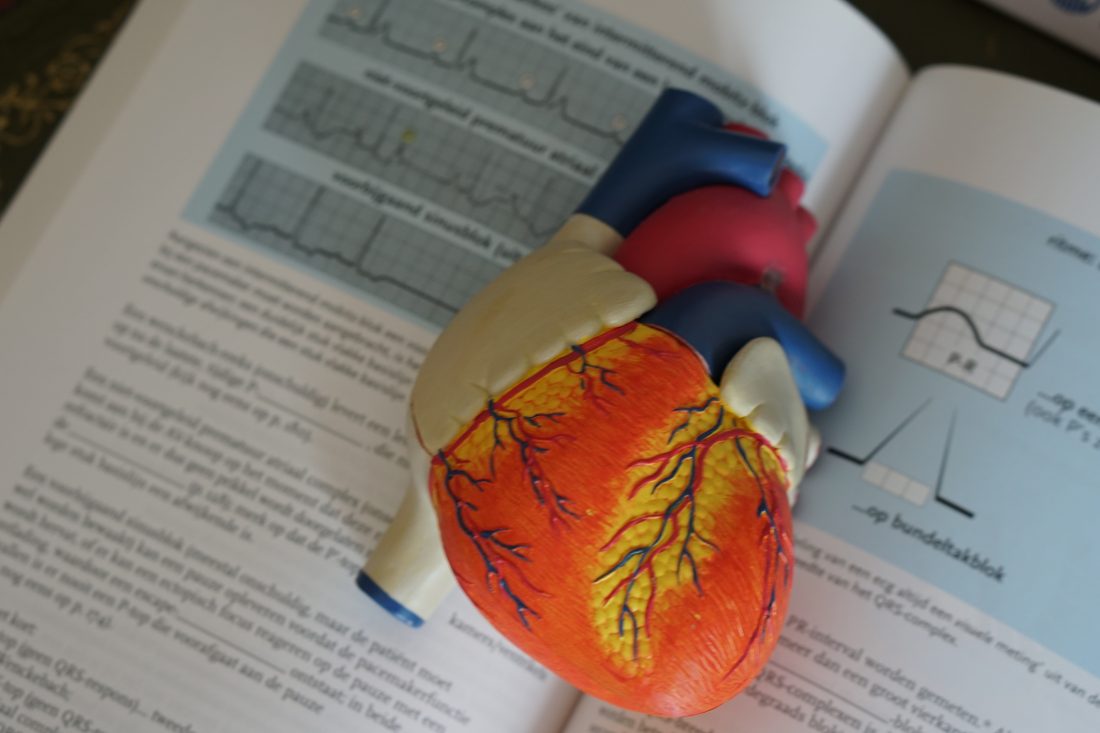Fields like law, finance, medicine, tech, and executive leadership demand long hours, intense focus, and constant performance. While these roles can offer significant rewards and a sense of accomplishment, they also carry a hidden risk: a heightened vulnerability to addiction. The relentless stress and demanding nature of these professions can create a fertile ground for unhealthy coping mechanisms, with substance abuse often becoming a tragic consequence.
The Crushing Weight of Expectation
One of the primary drivers linking high-pressure careers to addiction is chronic stress. The constant need to meet deadlines, exceed targets, and navigate complex challenges can lead to overwhelming anxiety and burnout. For some, substances like alcohol, prescription medications (such as stimulants or anxiolytics), or even illicit drugs may initially seem like a way to manage this stress, to unwind after a grueling day, or to find the energy to keep pushing forward. What starts as a perceived solution can quickly morph into a dependency, as the underlying stress remains unaddressed and the body builds tolerance.
Workplace Culture: A Complicating Factor
The culture within certain high-pressure industries can also inadvertently contribute to the problem. “Work hard, play hard” mentalities, where excessive drinking is normalized or even encouraged at corporate events or after-hours gatherings, can blur the lines between social use and problematic consumption. In some environments, there might be an unspoken pressure to participate in these activities to network or fit in. Furthermore, the availability of substances, whether it’s a well-stocked office bar or the ease with which prescription drugs can be obtained by those in the medical field, can lower the barrier to initial use and subsequent misuse.
Also, enhancing your leadership skills can be a way to deal with unspoken pressure. Consider executive coaching coping with high-pressure industry culture.
The Vicious Cycle of Performance and Dependence
Ironically, substances or behaviors initially used to enhance performance or cope with pressure can eventually lead to a decline in the very abilities they were meant to support. Stimulants taken to work longer hours can lead to crashes, anxiety, and paranoia. Alcohol used to de-stress can impair cognitive function, decision-making, and lead to absenteeism. As performance suffers, the pressure mounts, potentially driving the individual deeper into their addictive patterns in a desperate attempt to regain control or escape the mounting consequences. This creates a devastating vicious cycle that can be incredibly difficult to break without intervention.
The Path to Recovery and Prevention
Recognizing the link between high-pressure careers and addiction is the first step towards addressing it. Professionals struggling with addiction must understand that seeking help is a sign of strength, not weakness. Confidential employee assistance programs (EAPs), therapy, support groups, and specialized treatment centers can provide the tools and support needed for recovery.
Simultaneously, organizations have a crucial role to play. Creating a workplace culture that prioritizes mental health and well-being over relentless pressure is paramount. This includes promoting reasonable working hours, encouraging stress management techniques, destigmatizing mental health support, and training leadership to recognize signs of distress and addiction.
By acknowledging the pressures inherent in demanding roles and proactively supporting their employees, companies can help prevent the slide into addiction and cultivate healthier, more sustainable work environments. The pursuit of success should not come at the cost of one’s health and well-being.


